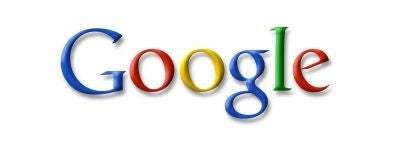Google allows newspapers to limit free visits

Google has bowed to pressure from newspaper publishers and agreed to let them limit the number of free news pages users can read per day.
The internet search engine has said that publishers will be able to cap access to their subscription websites to five articles per day, after which they can be redirected to a payment screen.
Its concessions follow claims from some media outlets that Google has profited from its links to online news pages.
Users have found that with Google's "first click free" programme they can gain unrestricted access to subscription sites by going through the search engine every time they wanted to read a story.
Google senior business product manager Josh Cohen said the organisation recognised the "challenges" faced by media outlets that want to charge for their content.
"Previously, each click from a user would be treated as free," he said.
"Now we've updated the programme so that publishers can limit users to no more than five pages per day without registering or subscribing."
Another option is that the search engine will include the headline and first few paragraphs of a story in a preview page, but users would then be asked to pay to view the rest of the content.
But Mr Cohen warned that news organisations would have to accept the threat of being shunted down its rankings.
"Paid content may not do as well as free options, but that is not a decision we make based on whether or not it's free," he said.
"It's simply based on the popularity of the content with users and other sites that link to it."
Media firms have faced huge challenges in the recession as advertising revenues fell away.
Rupert Murdoch has already said he plans to charge online customers to view content across all News Corporation websites - including The Sun, The Times, the Sunday Times and the News of the World.
And recently Johnston Press, which owns more than 300 regional papers across the UK including The Scotsman and the Yorkshire Post, became the first regional publisher in the UK to try out asking readers to pay for its online news.
Join our commenting forum
Join thought-provoking conversations, follow other Independent readers and see their replies
Comments